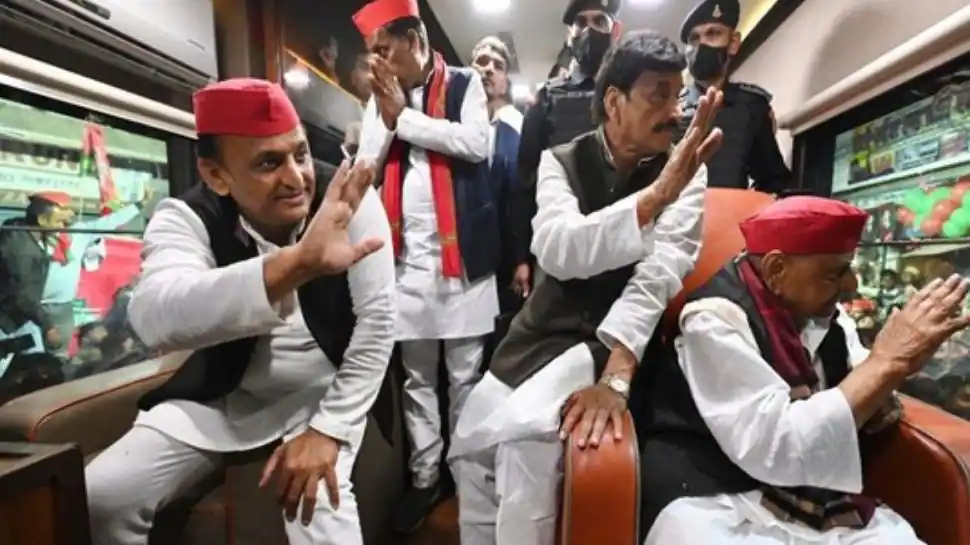New Delhi: The National Investigation Agency (NIA) on Monday (March 21, 2022) urged the Bombay High Court to dismiss the permanent medical bail plea filed by Varavara Rao, an accused in the Elgar Parishad Maoist links case.
The NIA said that charges against Rao were “very, very serious,” and, if proven, could attract the death penalty.
Who is Varavara Rao?
Varavara Rao is a poet-activist from Telangana. The 83-year-old had completed his post-graduate degree in Telugu literature from Osmania University and had then taught Telugu literature at private colleges in Telangana. He later joined the Ministry of Information and Broadcasting of the Government of India as a publication assistant and retired from teaching in the late 1990s.
Rao was arrested in November 2018 for alleged links with Naxals and for allegedly making provocative speeches on December 31, 2017, that police claimed incited the violence at Bhima Koregaon village in Pune district the next day. On January 1, 2018, the violence had left one dead and several others injured including 10 policemen.
Why is NIA urging Bombay HC to dismiss Varavara Rao’s permanent medical bail plea?
Additional Solicitor General Anil Singh, who appeared for NIA, told HC that Varavara Rao seemed to be suffering from “regular old age-related issues,” and the probe agency was willing to give an undertaking that requisite medical aid would be provided to him in prison or in a government hospital whenever required.
“This is a very very serious offence that concerns national security. Besides, the charges (against Rao) can even attract the maximum punishment of the death penalty,” Anil Singh said.
“We aren’t experts and are totally relying on doctors’ reports. He was granted temporary medical bail last year by HC following a doctor’s report that said he needed continued medical care. Now that he is fit for discharge, where is the question of a permanent medical bail? Does this mean he will continue to be on bail till the entire trial is over,” Singh asked.
A bench of Justices SB Shukre and SM Modak, however, pointed out that section 437 of the Code of Criminal Procedure (CrPC) does provide for permanent bail in special circumstances, including when an accused person is ill. Singh, however, argued that doctors at the state-run JJ Hospital were competent enough to treat any ailment and that Rao would be provided adequate care there whenever required.
“All other prison inmates are taken to JJ Hospital. They get the same treatment. While a humanitarian view must be taken, he can’t be set free (by the grant of permanent medical bail),” Singh told the court.
Rao’s counsel, senior advocate Anand Grover, reiterated that the Telegu poet had recently been clinically diagnosed as showing signs of “early Parkinson’s disease”. He said Rao’s health condition and facilities at Taloja prison, where Rao was lodged as an undertrial until he was granted temporary medical bail by HC in 2021, were not compatible with each other.
“All is not hunky-dory. Rao’s clinical reports show he has early Parkinson’s and the road from here goes only downhill. There is a risk of a blood clot. Can we allow that? Either the NIA has not read that report or it doesn’t understand the seriousness of such risk,” Grover said.
The HC closed all arguments on three pleas filed by Rao, one seeking extension of the temporary bail granted to him in February 2021, another seeking modification of his bail conditions to allow him to go back to his Hyderabad home while on bail, and the third plea seeking permanent medical bail.
HC also said Rao needn’t surrender before Taloja prison authorities until the final order is passed on his three pleas.
(With agency inputs)





